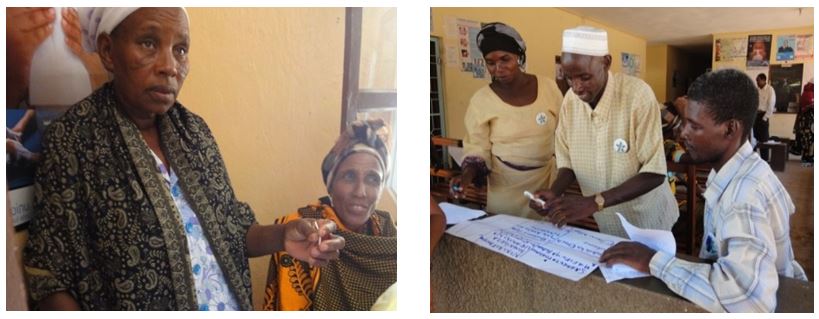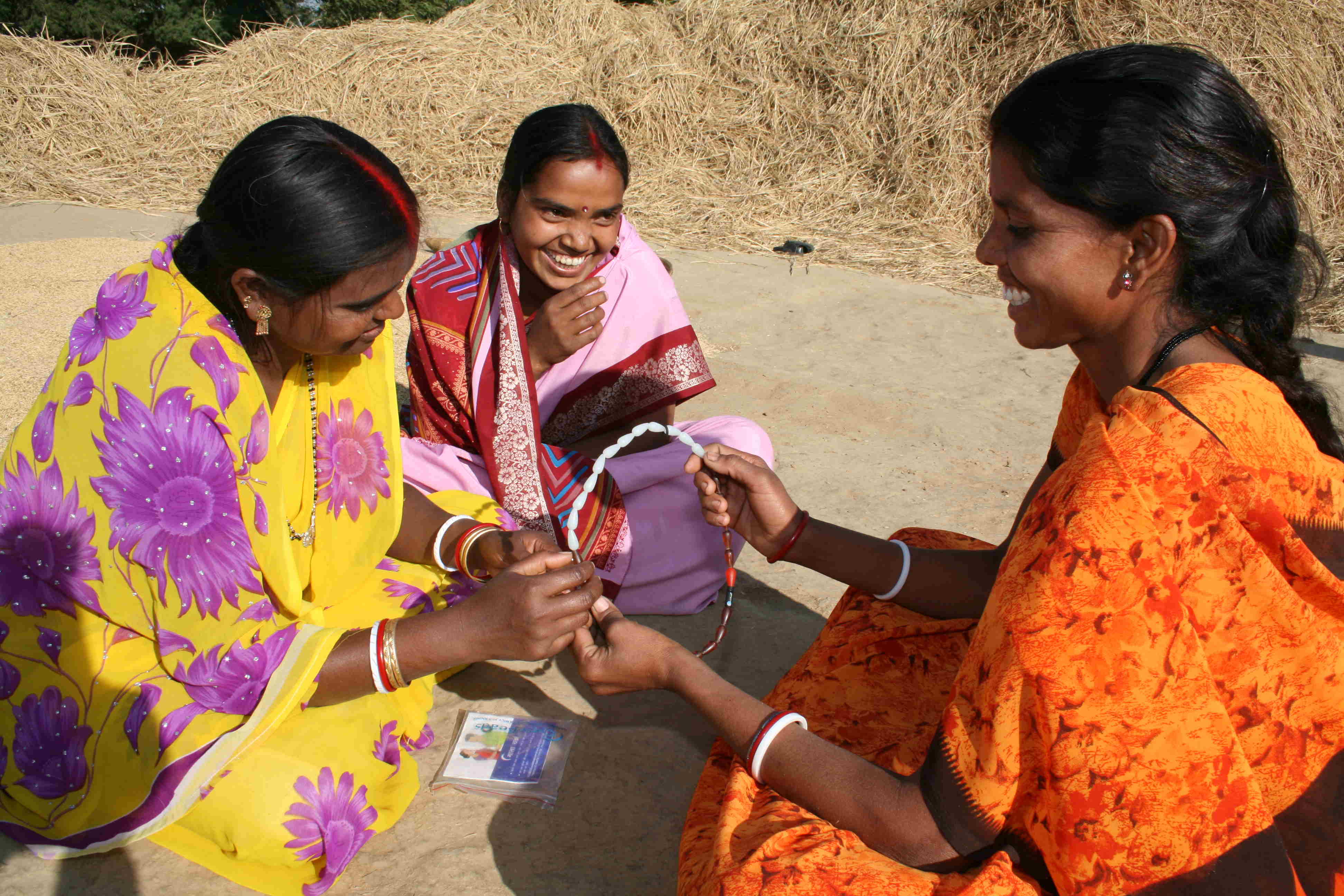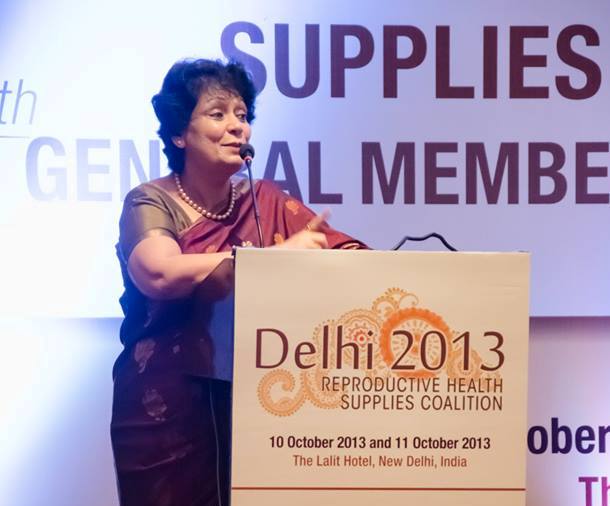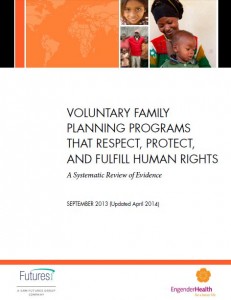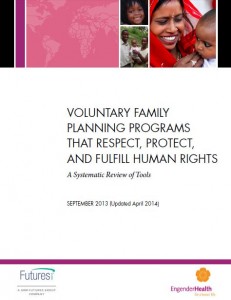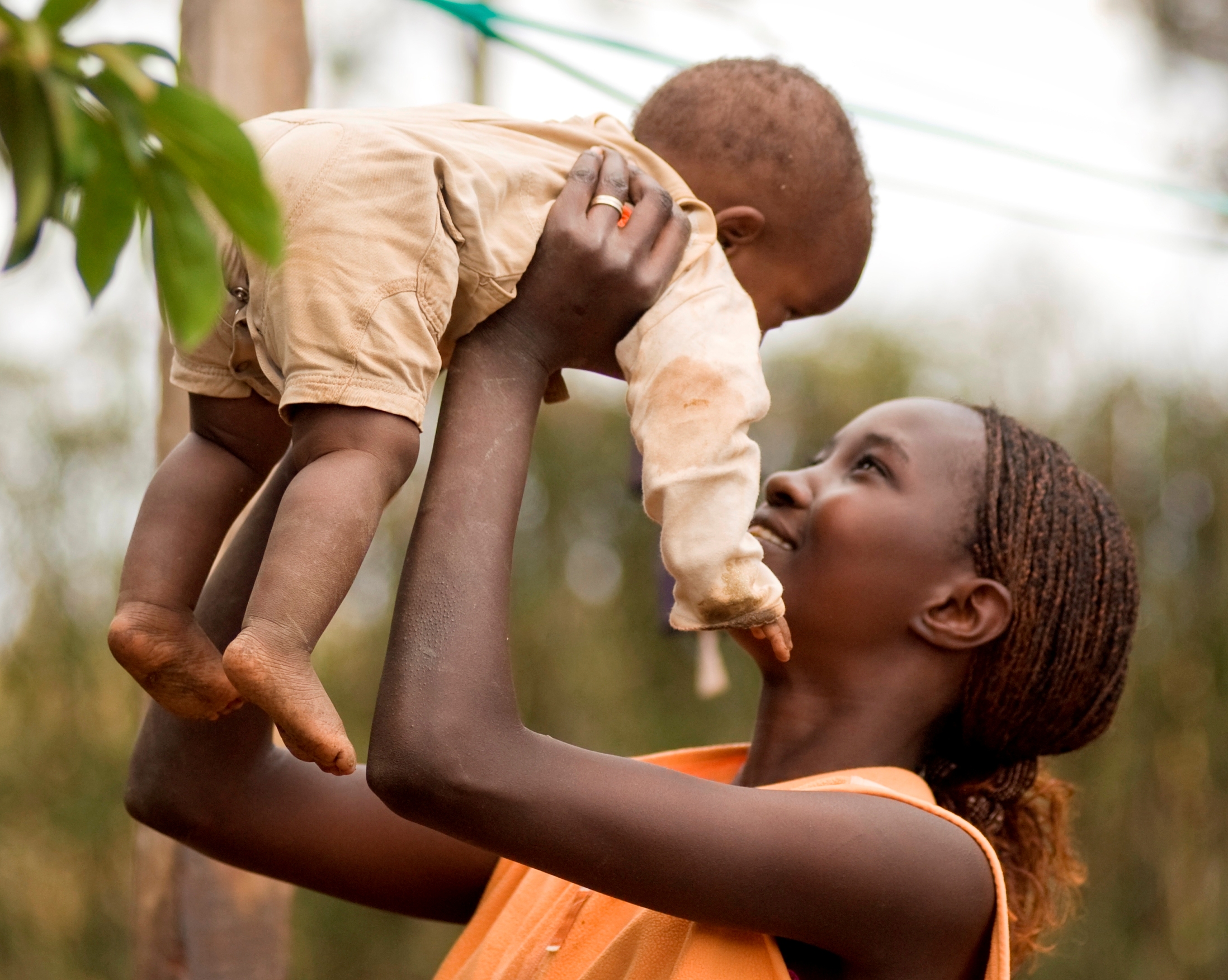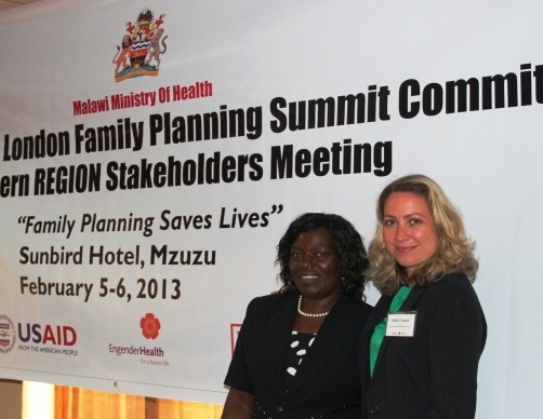Guest Post by Shannon Harris
There is greater interest and investment in family planning (FP) programs now than in the last 20 years. With this increased attention and funding, programs are also benefiting from an increased commitment to ensuring that vulnerable and hard-to-reach populations are being better served and that women are receiving high-quality services and expanded contraceptive choice. As FP reemerges as a global priority, there is more attention to the human rights that underlie providing contraceptive services to all individuals. The recently published Family Planning 2020 (FP2020) first annual progress report highlights the new Conceptual Framework for Voluntary, Rights-Based Family Planning, a tool designed to ensure that public health programs oriented toward increasing voluntary FP access and use respect, protect, and fulfill human rights in the way they are designed, implemented, and evaluated.



